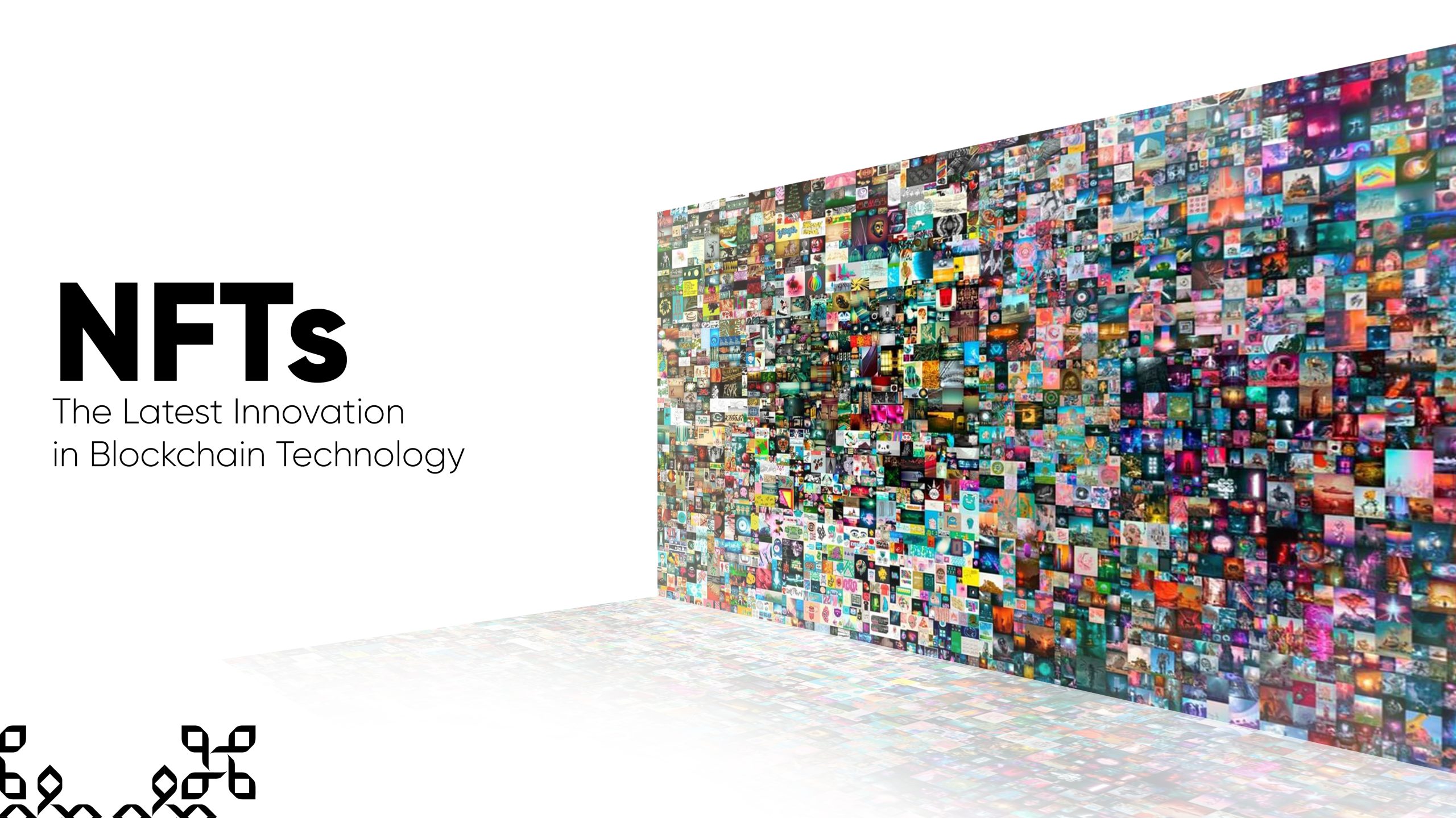Latest Innovations in Blockchain Technology

- Introduction to Blockchain Technology
- The Rise of Decentralized Finance (DeFi)
- Blockchain Interoperability and Cross-Chain Communication
- Smart Contracts and Automated Transactions
- The Role of Blockchain in Supply Chain Management
- Enhancing Data Security with Blockchain Technology
Introduction to Blockchain Technology
Blockchain technology is a revolutionary innovation that has gained significant traction in recent years. It is a decentralized, distributed ledger system that securely records transactions across a network of computers. The key feature of blockchain is its ability to create a tamper-proof record of transactions, making it highly secure and transparent.
One of the main advantages of blockchain technology is its ability to eliminate the need for intermediaries in transactions. This not only reduces costs but also speeds up the process, making it more efficient. Additionally, blockchain technology is highly secure due to its decentralized nature, making it resistant to hacking and fraud.
Blockchain technology has a wide range of applications across various industries, including finance, healthcare, supply chain management, and more. It has the potential to revolutionize the way we conduct business and interact with each other online. As the technology continues to evolve, we can expect to see even more innovative use cases emerge in the future.
The Rise of Decentralized Finance (DeFi)
Decentralized Finance (DeFi) has been gaining significant traction in the blockchain technology space. DeFi refers to the movement that aims to create an open-source, permissionless, and transparent financial system without relying on traditional intermediaries such as banks or brokerages.
One of the key innovations driving the rise of DeFi is the concept of smart contracts. Smart contracts are self-executing contracts with the terms of the agreement directly written into code. This eliminates the need for intermediaries and ensures that transactions are secure and transparent.
Another important aspect of DeFi is the use of decentralized applications (dApps) that run on blockchain networks. These dApps enable users to access a wide range of financial services, including lending, borrowing, trading, and investing, without the need for a central authority.
Furthermore, DeFi platforms allow users to earn interest on their cryptocurrency holdings through mechanisms such as liquidity mining and yield farming. This has attracted a growing number of users looking to maximize their returns in a decentralized and permissionless manner.
Overall, the rise of DeFi represents a paradigm shift in the financial industry, offering new opportunities for individuals to participate in the global economy without the limitations of traditional financial systems. As the DeFi ecosystem continues to evolve and expand, it is poised to revolutionize the way we think about finance and empower individuals to take control of their financial future.
Blockchain Interoperability and Cross-Chain Communication
Blockchain interoperability and cross-chain communication are crucial advancements in the field of blockchain technology. These innovations allow different blockchain networks to communicate and interact with each other seamlessly, opening up a world of possibilities for decentralized applications and smart contracts.
One of the key benefits of blockchain interoperability is the ability to transfer assets across different blockchains. This means that users can move cryptocurrencies and other digital assets between various blockchain networks without the need for a centralized exchange. This not only increases liquidity but also enhances the overall efficiency of the blockchain ecosystem.
Cross-chain communication, on the other hand, enables smart contracts to interact with data and assets from multiple blockchains. This paves the way for more complex and sophisticated decentralized applications that can leverage the unique features of different blockchain networks. For example, a smart contract on Ethereum could trigger a transaction on the Bitcoin network based on certain conditions being met.
Overall, blockchain interoperability and cross-chain communication are driving innovation in the blockchain space by breaking down the barriers between different networks. As more projects and platforms adopt these technologies, we can expect to see a more interconnected and versatile blockchain ecosystem that offers new opportunities for developers and users alike.
Smart Contracts and Automated Transactions
Smart contracts and automated transactions are among the most exciting innovations in blockchain technology. These features allow for the creation of self-executing contracts that automatically enforce the terms of an agreement without the need for intermediaries. This not only streamlines the process but also reduces the risk of fraud or manipulation.
Smart contracts are written in code and stored on the blockchain, ensuring transparency and security. Once the conditions of the contract are met, the contract is automatically executed, eliminating the need for manual intervention. This can significantly reduce costs and speed up transactions, making it an attractive option for businesses looking to streamline their operations.
Automated transactions, on the other hand, allow for the automatic execution of transactions based on predefined criteria. This can be particularly useful in scenarios where speed and accuracy are crucial, such as in high-frequency trading or supply chain management. By removing human error from the equation, automated transactions can help improve efficiency and reduce the risk of errors.
The Role of Blockchain in Supply Chain Management
Blockchain technology has been making significant strides in revolutionizing supply chain management. By leveraging blockchain, companies can enhance transparency, traceability, and security throughout the supply chain process. This innovative technology allows for the creation of a decentralized ledger that records all transactions in a secure and immutable manner.
One of the key benefits of blockchain in supply chain management is its ability to provide real-time visibility into the movement of goods. This transparency helps to reduce the risk of fraud, counterfeiting, and errors in the supply chain. Additionally, blockchain enables stakeholders to track the provenance of products, ensuring authenticity and quality.
Another advantage of blockchain technology in supply chain management is its capacity to streamline processes and reduce costs. By automating manual tasks and eliminating intermediaries, companies can achieve greater efficiency and lower operational expenses. This efficiency also leads to faster transactions and improved overall performance.
Furthermore, blockchain enhances trust among supply chain partners by establishing a secure and tamper-proof system for sharing information. This increased trust can lead to stronger relationships, improved collaboration, and ultimately, better business outcomes. Overall, the role of blockchain in supply chain management is crucial for driving innovation, efficiency, and transparency in today’s global marketplace.
Enhancing Data Security with Blockchain Technology
Blockchain technology is revolutionizing data security by providing a decentralized and tamper-proof system for storing information. By utilizing cryptographic techniques, blockchain ensures that data stored on the network is secure and cannot be altered without consensus from the network participants.
One of the key features of blockchain technology is its ability to create a transparent and immutable ledger of transactions. This means that once data is recorded on the blockchain, it cannot be changed or deleted, providing a high level of security and trust in the information stored.
Blockchain technology also enhances data security by eliminating the need for intermediaries in transactions. This reduces the risk of data breaches and unauthorized access to sensitive information, as all transactions are verified and recorded on the blockchain in a secure and transparent manner.
Furthermore, blockchain technology uses a distributed network of nodes to validate and record transactions, making it extremely difficult for hackers to compromise the system. This decentralized approach to data security ensures that no single point of failure exists, making it highly resilient to cyber attacks.
